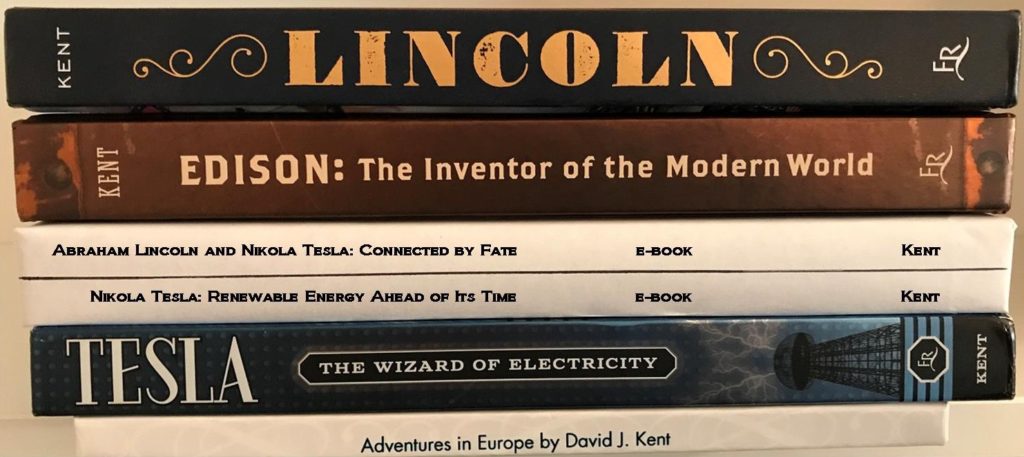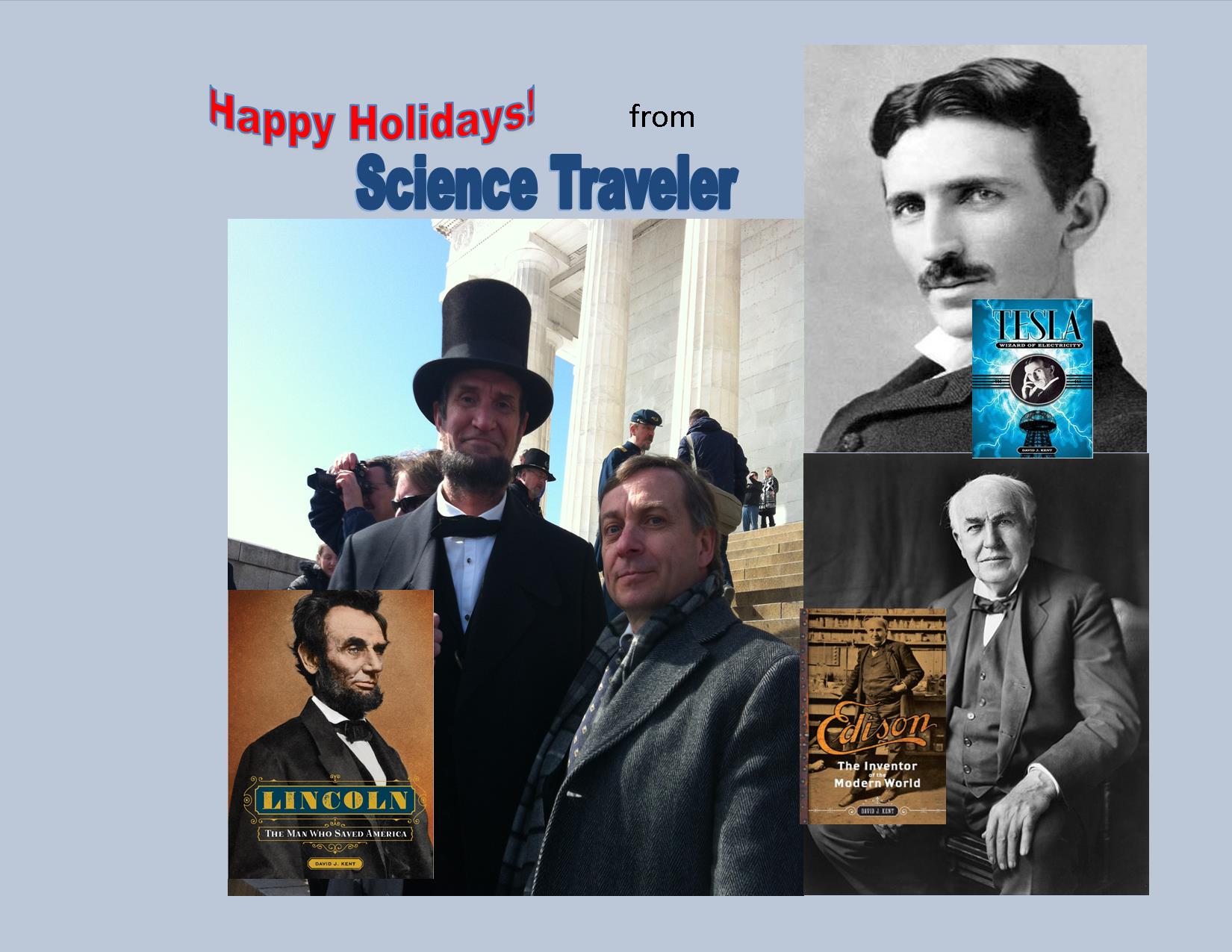Another year and another set of acquisitions for my Abraham Lincoln book collection. This was a decent year for new books – 59 new additions. In contrast, last year I only acquired 43 new books, but 2017 was in line with the 59 and 60 books obtained in 2015 and 2014, respectively. My big year was the 98 books in 2013. So this year was about average, but acquisitions didn’t stop at books. I also purchased four new 7-shelf bookcases to set up a new office library.

Nine of the new books were published in 2017. By far the most important one was my own book, Lincoln: The Man Who Saved America, which came out in August and has been enjoying good sales in Barnes and Noble stores nationwide.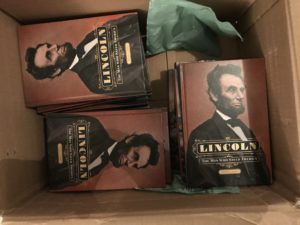
Other 2017 released books include the second volume of Sidney Blumenthal’s “Political Life of Abraham Lincoln” called Wrestling With His Angel (which I reviewed in the Lincolnian) and on Goodreads. There were also new books by Lincoln scholars Brian Dirck, James Conroy, Guy Fraker, and Jonathan W. White.
Two books looked at the importance of legendary photographers Alexander Gardner and Mathew Brady to our memory of the Civil War. Shooting Lincoln by J.C. Pistor came out this year while Richard Lowry’s The Photographer and the President came out in 2015. Both delve into the rivalry between Gardner and Brady and their relationship with helping make Lincoln great as well as document the destruction of the war.
On the flip-side, the oldest new acquisition was Henry Ketcham’s The Life of Abraham Lincoln, published in 1901. Close behind was Emanuel Hertz’s 1939 book, Lincoln Talks: A Biography in Anecdote.
Other great books include Charles Strozier’s Your Friend Forever: The Enduring Friendship of Abraham Lincoln and Joshua Speed, and the four-volume set of Legal Documents and Cases coming out of the Papers of Abraham Lincoln Project, edited by Daniel Stowell. I was also fascinated by Robert O’Harrow Jr.’s The Quartermaster about Montgomery C. Meigs.
As Vice President of Programs for the Lincoln Group of DC, I’ve had the privilege of inviting many of these authors to speak to us in person. Between the Lincoln Group, the Lincoln Forum, and other Lincoln organization events I’ve been lucky enough to get many of my acquisitions signed by the authors. Sixteen of my new acquisitions are signed, most directly to me.
I will admit that finding books is getting harder. New books tend to be expensive and older books tend to be either impossible to find or in terrible condition or priced out of my reach. With over 1100 titles in my collection, the number of books available that I already have also puts a cap on new acquisitions.
One last note: I’ve begun something I call the Abraham Lincoln Bibliography Project in which I plan to catalog the known books about Abraham Lincoln. I’ll include only actual books, not other documents and not pamphlets. As the website develops I’ll add a searchable database, book reviews, lists of books by topic (e.g., assassination, general biography, law career), and summary papers for those topics. The idea is to create a useful resource for both Lincoln researchers and the general public. Check out the blog and stay tuned.
See the 2017 list showing author/title/publication date below my signature blurb below.
David J. Kent is the author of Lincoln: The Man Who Saved America, now available. His previous books include Tesla: The Wizard of Electricity and Edison: The Inventor of the Modern World (both Fall River Press). He has also written two e-books: Nikola Tesla: Renewable Energy Ahead of Its Time and Abraham Lincoln and Nikola Tesla: Connected by Fate.
Check out my Goodreads author page. While you’re at it, “Like” my Facebook author page for more updates!
Follow me by subscribing by email on the home page. Share with your friends using the buttons below.
Here is the 2017 list:
|
Physical Evidences: Investigation & Reconstruction of Physical Events |
2017 |
| Acord, David |
What Would Lincoln Do? |
2009 |
| Adams, Carl |
Nance: Trials of the First Slave Freed by Abraham Lincoln |
2016 |
| Bain, David Haward |
Empire Express: Building the First Transcontinental Railroad |
1999 |
| Bartelt, William E. |
There I Grew Up: Remembering Abraham Lincoln’s Indiana Youth |
2008 |
| Berton, Pierre |
Niagara: A History of the Falls |
1992 |
| Blumenthal, Sidney |
Wrestling With His Angel: The Political Life of Abraham Lincoln 1849-1856 |
2017 |
| Brame, Charles w/illustrations by Soller, Edgar B. |
Honestly Abe: A Cartoon Expose of Abraham Lincoln (Revised and Enlarged Edition) |
2000 |
| Brogan, D.W. |
Abraham Lincoln (Great Lives) |
1935 |
| Chadwick, Bruce |
1858: Abraham Lincoln, Jefferson Davis, Robert E. Lee, Ulysses S. Grant, and the War They Failed to See |
2008 |
| Conroy, James B. |
Lincoln’s White House: The People’s House in Wartime |
2017 |
| Cornelius, James M. and Carla Knorowski |
Under Lincoln’s Hat: 100 Objects That Tell The Story of His Life and Legacy |
2016 |
| Cox, Hank H. |
Lincoln and the Sioux Uprising of 1862 |
2005 |
| Crofts, Daniel W. |
Lincoln & the Politics of Slavery: The Other Thirteenth Amendment and the Struggle to Save the Union |
2016 |
| Davis, Rodney O., and Wilson, Douglas, L. |
The Lincoln-Douglas Debates (The Lincoln Studies Center Edition) |
2008 |
| Denney, Robert E. |
Civil War Medicine: Care & Comfort of the Wounded |
1994 |
| Dirck, Brian |
Lincoln in Indiana |
2017 |
| Farber, Daniel |
Lincoln’s Constitution |
2003 |
| Foner, Eric |
Reconstruction: America’s Unfinished Revolution, 1863-1877 |
1988 |
| Fraker, Guy C. |
Looking for Lincoln in Illinois: A Guide to Lincoln’s Eighth Judicial Circuit |
2017 |
| Furguson, Ernest B. |
Freedom Rising: Washington in the Civil War |
2004 |
| Grieve, Victoria |
Ford’s Theatre and the Lincoln Assassination |
2005 |
| Hacker, Barton C. (Ed.) |
Astride Two Worlds: Technology and the American Civil War |
2016 |
| Hertz, Emanuel |
Lincoln Talks: A Biography in Anecdote |
1939 |
| Hirsch, David and Van Haften, Dan |
The Ultimate Guide to the Gettysburg Address |
2016 |
| Irmscher, Christoph |
Louise Agassiz: Creator of American Science |
2013 |
| Keeler, William Frederick, with Robert W. Daly (Editor) |
Aboard the USS Monitor: 1862: The Letters of Acting Paymaster William Frederick Keeler, US Navy to His Wife, Anna |
1964 |
| Kent, David |
Lincoln: The Man Who Saved America |
2017 |
| Ketcham, Henry |
The Life of Abraham Lincoln |
1901 |
| Kigel, Richard |
Becoming Abraham Lincoln: The Coming of Age of Our Greatest President |
2017 |
| Lee, Richard M. |
Mr. Lincoln’s City: An Illustrated Guide to the Civil War Sites of Washington |
1981 |
| Leidner, Gordon |
Conversations with Lincoln: Little-Known Stories From Those Who Met America’s 16th President |
2016 |
| Lowry, Richard S. |
The Photographer and the President: Abraham Lincoln, Alexander Gardner, & the Images That Made a Presidency |
2015 |
| Martin, Fred J., Jr. |
Abraham Lincoln’s Path to Reelection in 1864: Our Greatest Victory |
2013 |
| McCutcheon, Marc |
The Writer’s Guide to Everyday Life in the 1800s |
1993 |
| Oehlerts, Donald E. (Compiler) |
Guide to Wisconsin Newspapers, 1833-1957 |
1958 |
| O’Harrow, Robert Jr. |
The Quartermaster: Montgomery C. Meigs, Lincoln’s General, Master Builder of the Union Army |
2016 |
| Paludan, Phillip Shaw |
Victims: A True Story of the Civil War |
1981 |
| Phillips, Donald T. |
Lincoln on Leadership for Today |
2017 |
| Pinkney, Andrea Davis |
Dear Mr. President: Abraham Lincoln Letters from a Slave Girl |
2001 |
| Pistor, J.C. |
Shooting Lincoln: Mathew Brady, Alexander Gardner, and the Race to Photograph the Story of the Century |
2017 |
| Schwartz, Thomas F. |
Lincoln: An Illustrated Life and Legacy |
2009 |
| Searcher, Victor |
Lincoln Today: An Introduction to Modern Lincolniania |
1969 |
| Silverman, Kenneth |
Lightning Man: The Accursed Life of Samuel F.B. Morse |
2003 |
| Sloan, Eric |
A Museum of Early American Tools |
1973 |
| Snow, Richard |
Iron Dawn: The Monitor, the Merrimack, and the Civil War Sea Battle That Changed History |
2016 |
| Stowell, Daniel (Editor) |
The Papers of Abraham Lincoln: Legal Documents and Cases (4 vols) |
2008 |
| Strozier, Charles B. |
Your Friend Forever, A. Lincoln: The Enduring Friendship of Abraham Lincoln and Joshua Speed |
2016 |
| Stuckey, Sterling |
Slave Culture: Nationalist Theory & The Foundations of Black America |
1987 |
| Swanson, James L. and Weinberg, Daniel R. |
Lincoln’s Assassins: Their Trial and Execution |
2001 |
| Titone, Nora |
My Thoughts Be Bloody: The Bitter Rivalry That Led to the Assassination of Abraham Lincoln |
2010 |
| Tooley, Mark |
The Peace That Almost Was: The Forgotten Story of the 1861 Washington Peace Conference and the Final Attempt to Avert the Civil War |
2015 |
| Trindal, Elizabeth Steger |
Mary Surratt: An American Tragedy |
1996 |
| Tyler, David B. |
The Wilkes Expedition: The First United Sates Exploring Expedition (1838-1842) |
1968 |
| Varhola, Michael J. |
Everyday Life During the Civil War: A Guide for Writers, Students and Historians |
1999 |
| Ward, Geoffrey C. |
Lincoln’s Thought and the Present |
1978 |
| White, Jonathan W. |
Abraham Lincoln and Treason in the Civil War: The Trials of John Merryman |
2011 |
| White, Jonathan W. |
Midnight in America: Darkness, Sleep, and Dreams During the Civil War |
2017 |
| White, Richard |
Railroaded: The Transcontinentals and the Making of Modern America |
2011 |
Like this:
Like Loading...
 Lincoln: The Man Who Saved America has enjoyed great success and will have a second edition in the spring. The book has been featured in several media outlets: the latest being the Railsplitter podcast.
Lincoln: The Man Who Saved America has enjoyed great success and will have a second edition in the spring. The book has been featured in several media outlets: the latest being the Railsplitter podcast.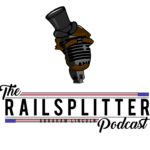 #36 Railsplitter Book Club: Lincoln: The Man Who Saved America Part 1
#36 Railsplitter Book Club: Lincoln: The Man Who Saved America Part 1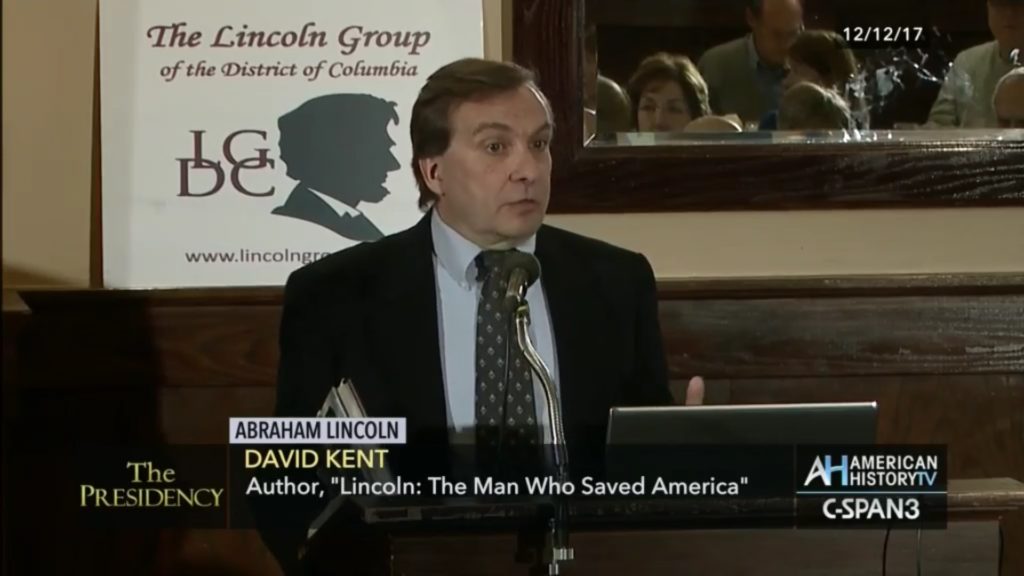
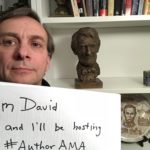 And in case you missed my recent #Ask Me Anything, you can read the questions and answers from that event as well.
And in case you missed my recent #Ask Me Anything, you can read the questions and answers from that event as well.





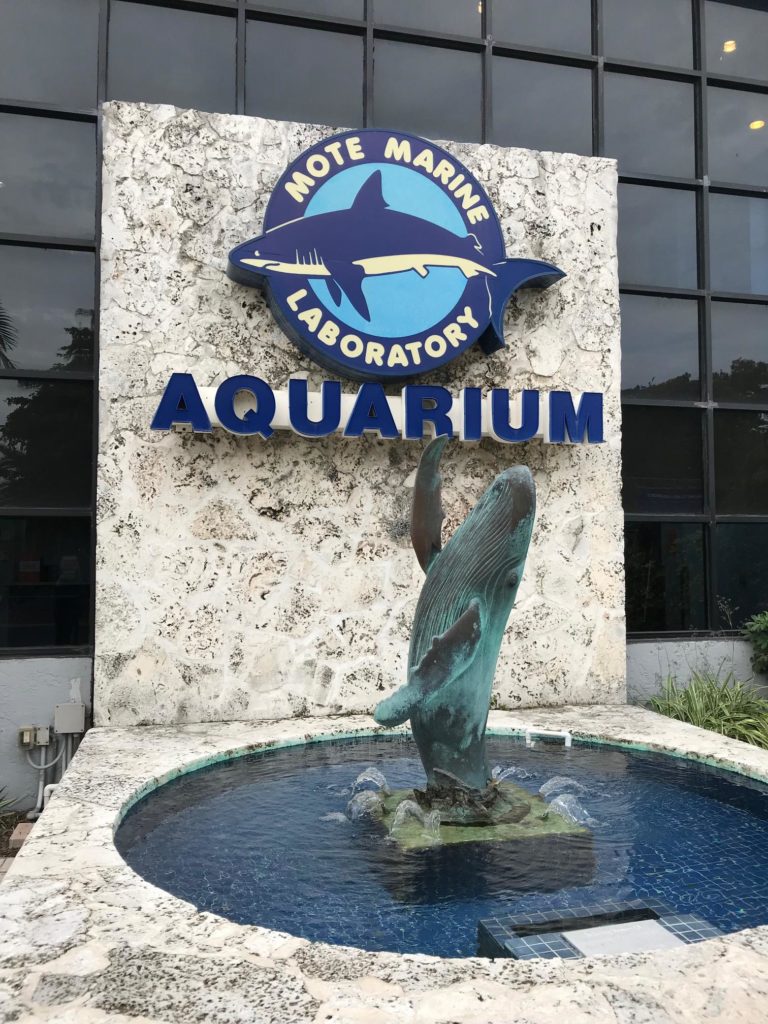
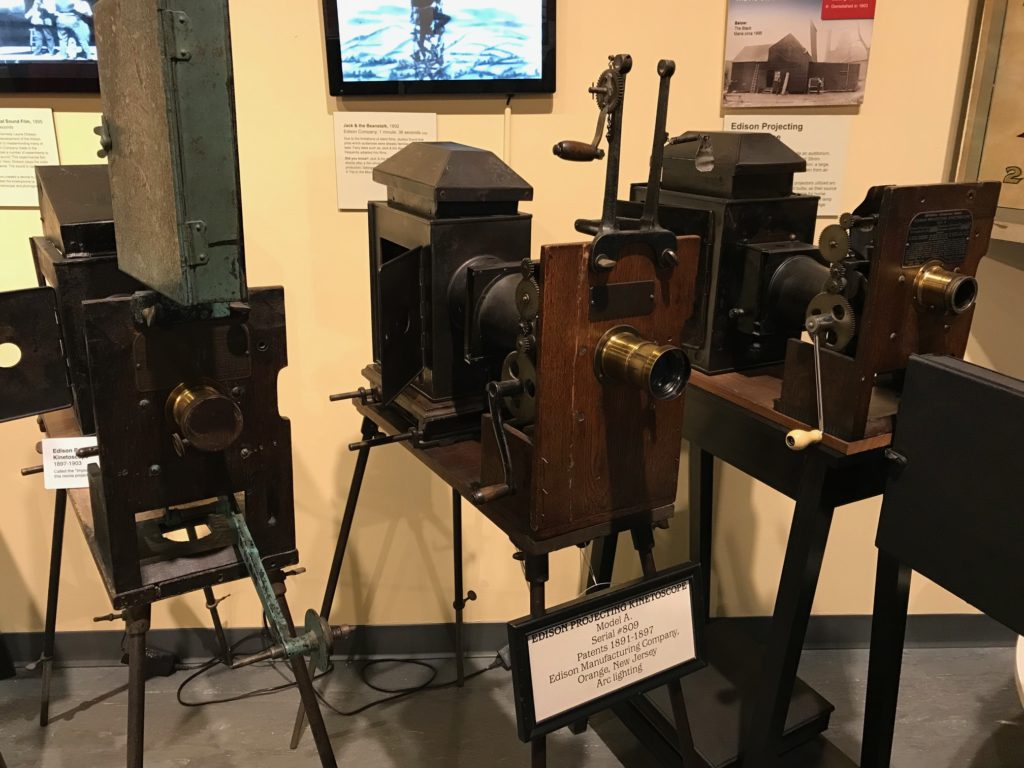
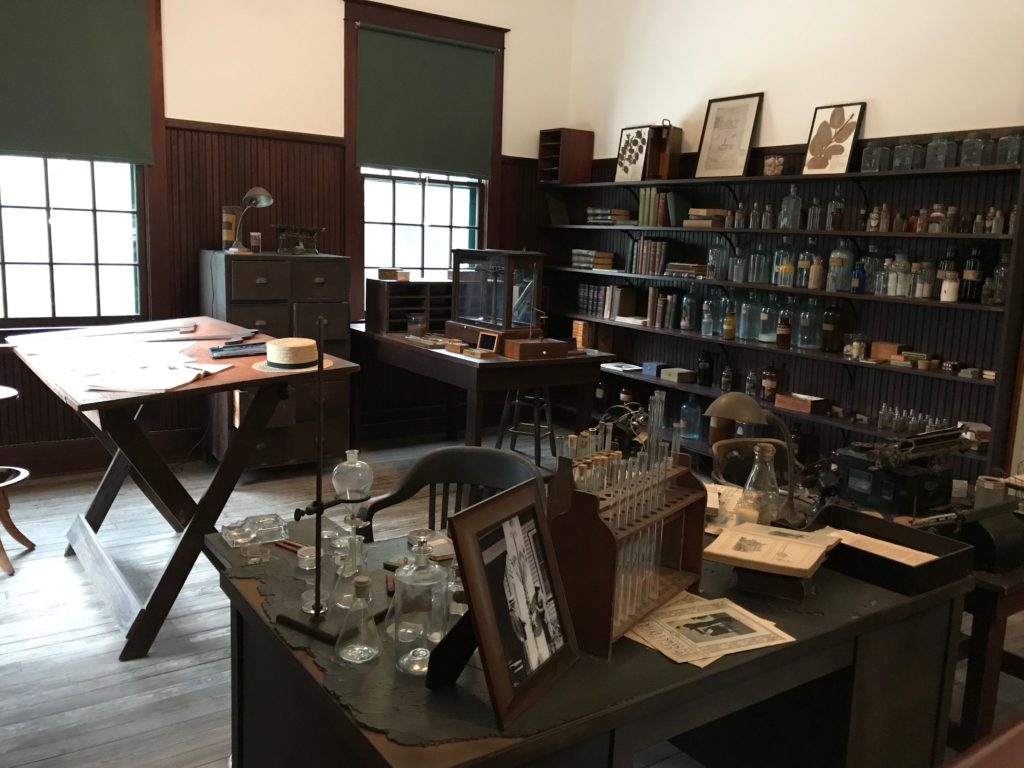
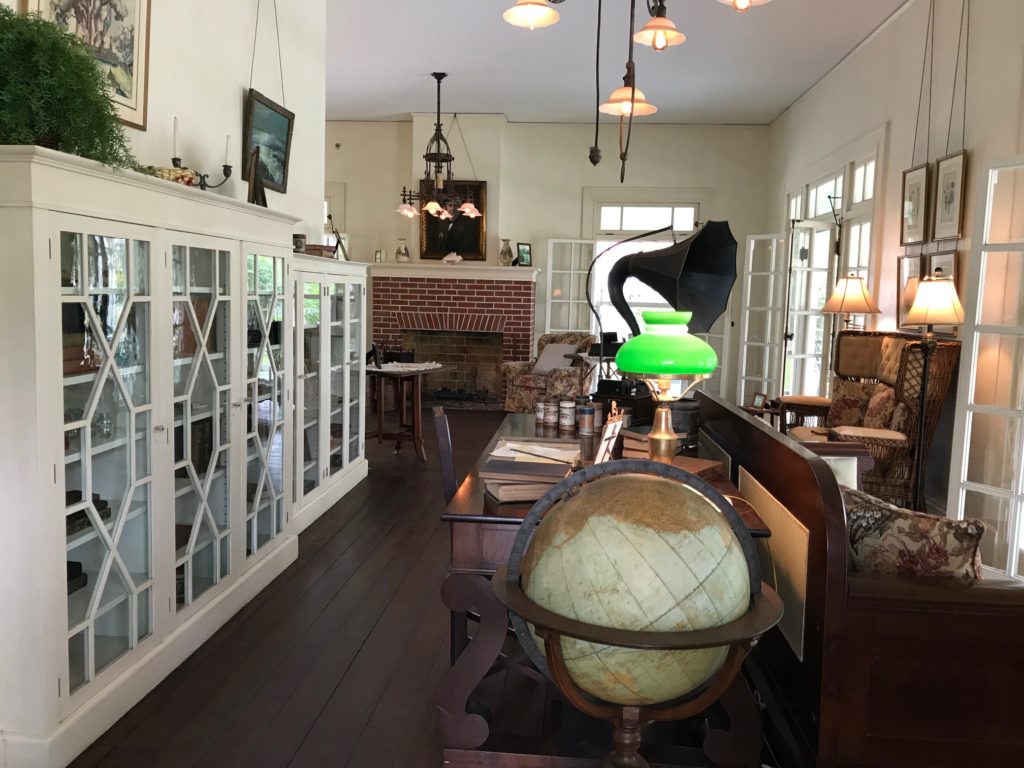
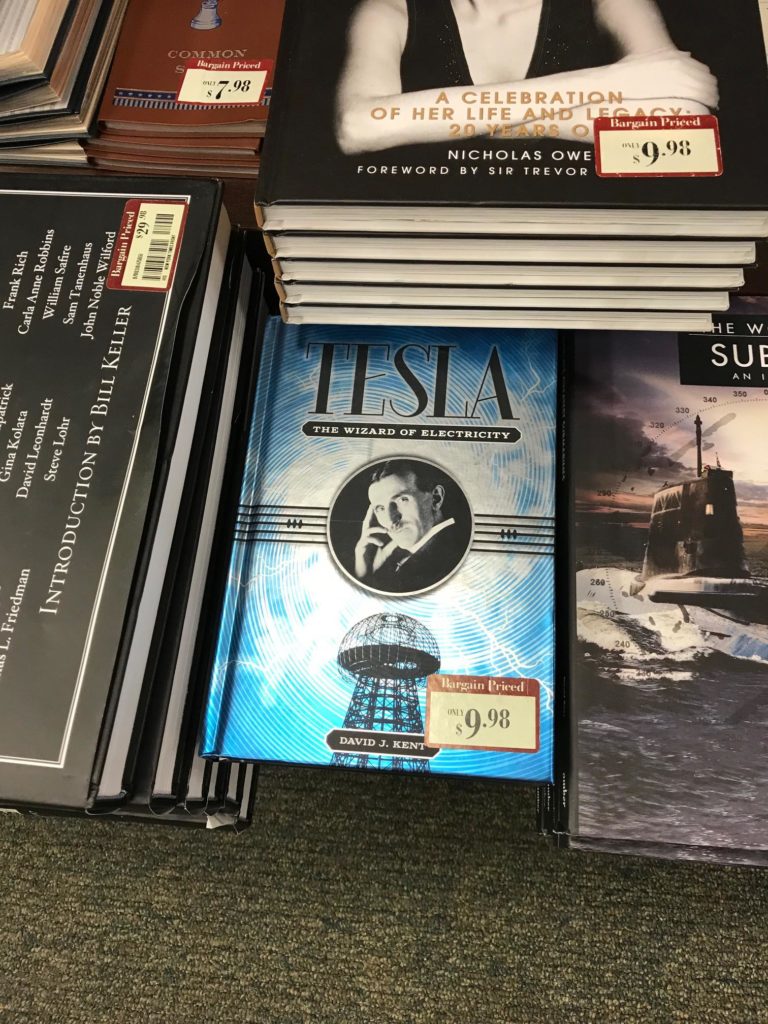
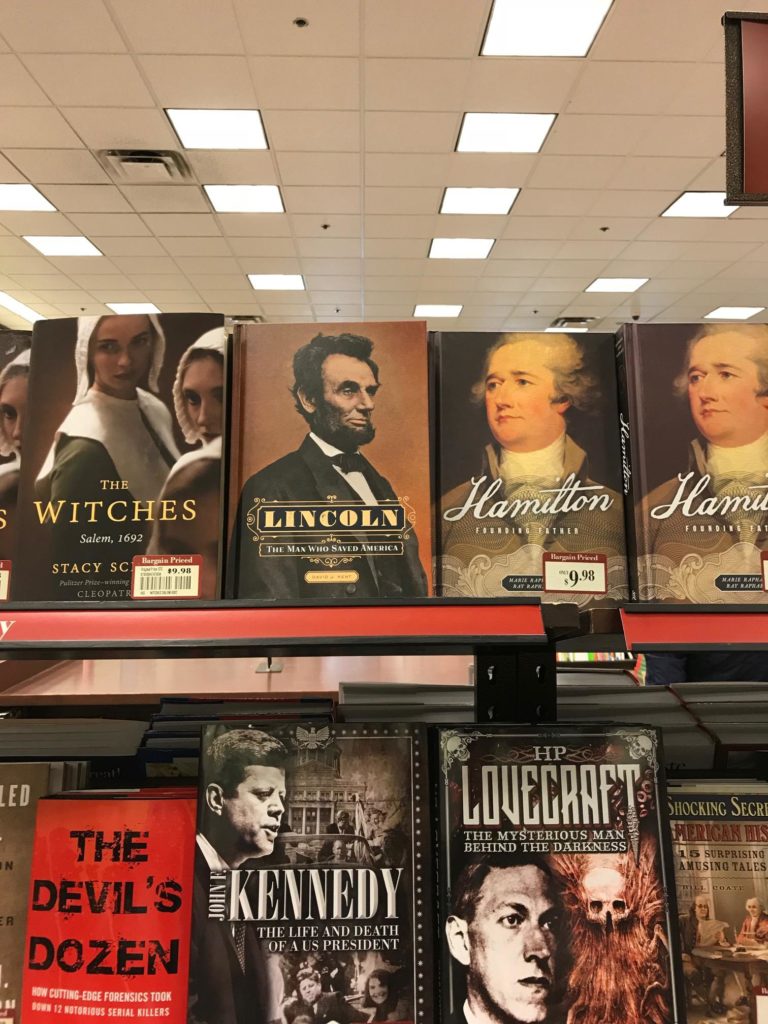
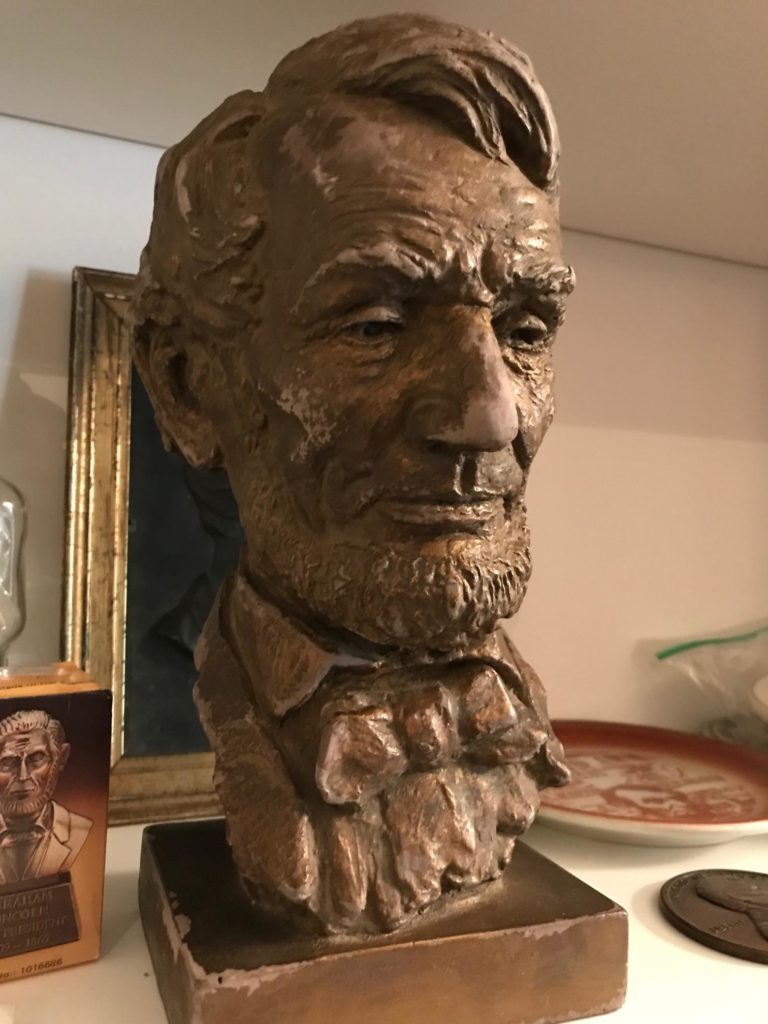
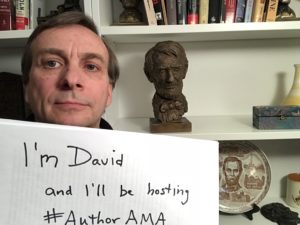 Ask Me Anything at #AuthorsAMA!
Ask Me Anything at #AuthorsAMA!
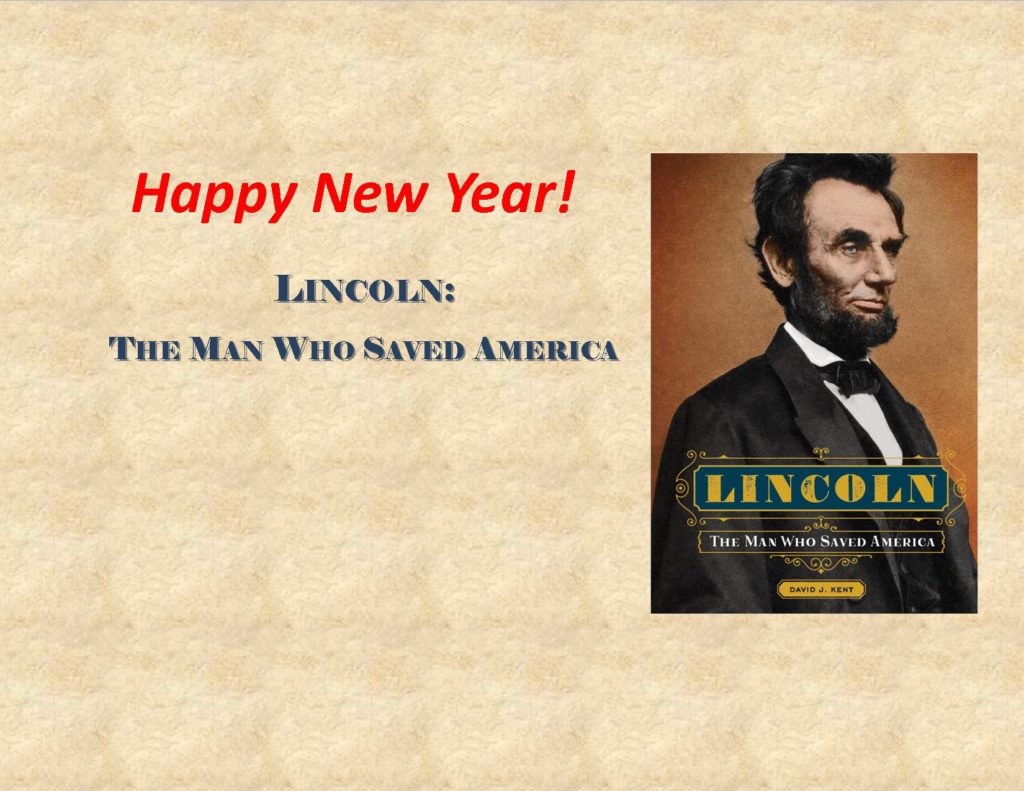
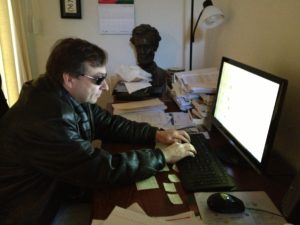 The writing life has kept me busy this past year. In
The writing life has kept me busy this past year. In 